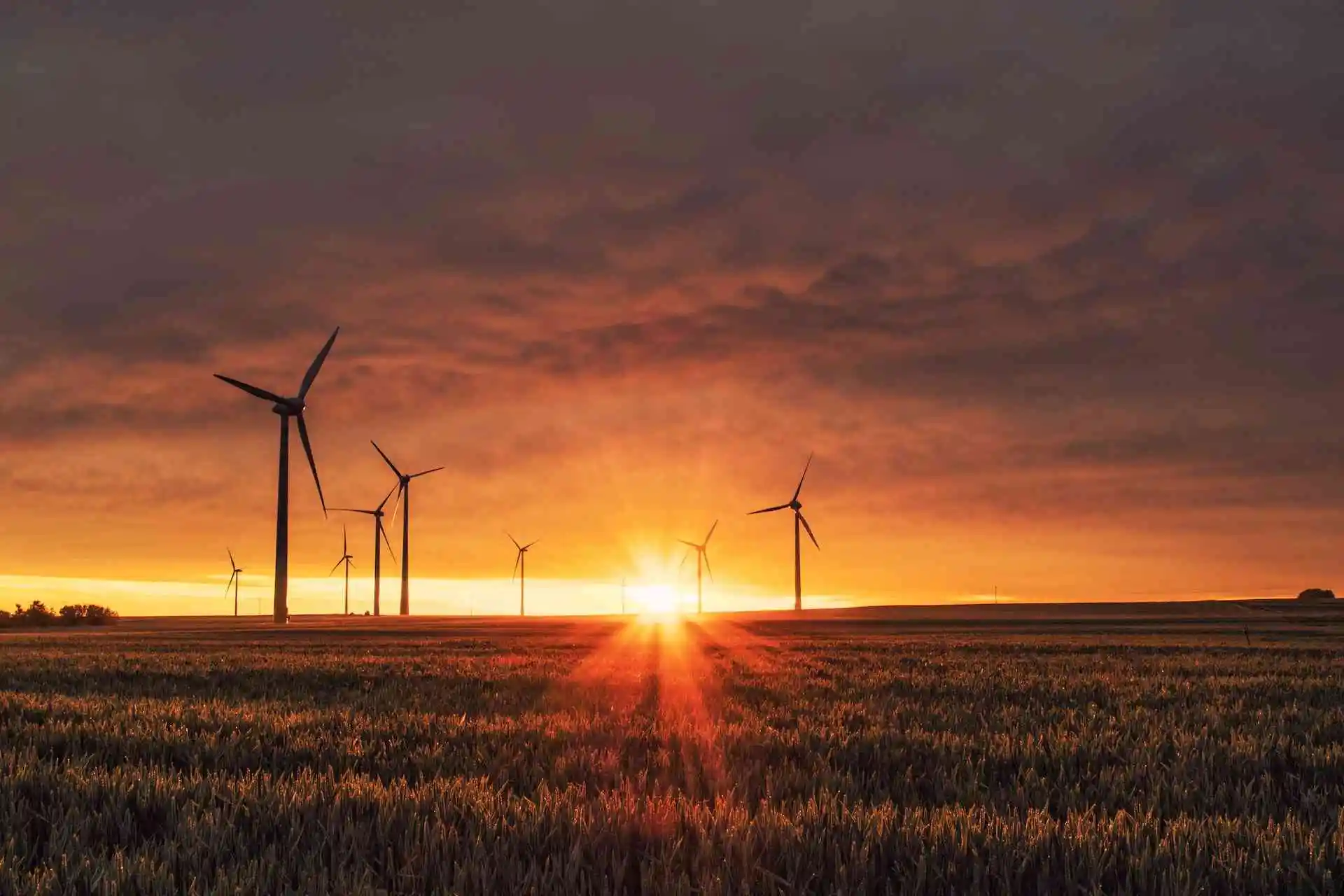GET IN TOUCH
- Please wait...

This letter was originally sent to LightCastle Bimonthly Newsletter subscribers.
We live in a world of major upheavals led by geopolitical turmoil and a gradual evolution toward a multipolar world. The US’s undisputed leadership, established post cold war after the collapse of the USSR in 1991, has been challenged by China, which will have wider consequences for international trade and cooperation in the coming years.
The post-pandemic economic recovery has taken a hit due to the prolonged Ukraine-Russia war, which has had ramifications across a multitude of sectors, including the global energy market. The sanction-induced demand-supply mismatch has contributed to volatility in natural gas and oil prices, causing a balance of payment pressure on energy-importing countries like Bangladesh.
These geopolitical challenges take away focus from the most crucial challenge facing humanity: the climate crisis. In our collective effort to prioritize economic growth as an indicator of collective progress, we have historically sidelined the importance of the environment – which forms the basis for sustainable development. Although most world leaders have belatedly recognized the devastating impact of climate change, their actions are not keeping pace with commitments made at the UN’s annual Climate Change Conferences.
Despite repeated promises, we’re well on course to fail in our collective commitment to cap the global temperature hike to below 1.5 degrees. This has led to adverse impacts, including unpredictable and extreme weather conditions, an elevated probability of natural calamities, and sea level rise. These conditions have major and disproportionate repercussions, particularly hitting the poor hard, leading to a loss of agricultural productivity, a loss of biodiversity, and a climate refugee crisis.
Countries impacted by climate change have been demanding reparations from major polluters, including the US, China, India, Russia, Japan, and Germany. Bangladesh has been hit hard by climate change and will experience a devastating impact if the climate change scenario is not reigned in.
According to the World Bank, by 2050, one-third of Bangladesh’s agricultural GDP may be lost due to climate variability and extreme events; GDP might fall by 9% in the case of severe flooding; and up to 13.3 million might become internal migrants. The country requires USD 12.5 billion or 3% of GDP for medium-term climate action.
The adoption of renewable energy can play a pivotal role in reducing our carbon footprint. With rising economic growth, demand for electricity has increased in tandem with reliance on fossil fuels.
Natural gas-based power plants are the mainstay of our energy ecosystem, generating 44.3% of total energy demand, while renewables contributed a paltry 3.71% to our energy mix. This is significantly lower than the Sustainable and Renewable Energy Development Authority’s (SREDA’s) envisioned target of 10% within 2020. The country has more ambitious targets to generate 40% of its energy from renewable sources within 2041.
Solar and wind constitute the most promising segments in the renewable energy space, with solar garnering 75% of all renewable energy supplies. On-grid solar parks generated 51% of the total production of 714 MW, with off-grid facilities like Solar Home Systems (SHS) and microgrids contributing the rest. Although the government is incentivizing the setting up of solar park facilities through a mix of favourable policies (Renewable Energy Act 2008) and green financing solutions, a number of reforms are imperative.
Land scarcity is proving a major bottleneck for setting up solar parks and private investors are looking for direct intervention from the government with land acquisition. Joint venture initiatives between the private sector and government entities can be explored, with the private sector injecting investments and the government offering lands for setting up solar parks.
Rooftop solar is a promising segment, with large manufacturers – particularly green apparel factories – setting up solar panels on roofs. The net metering policy, instituted in 2018, and the rise in energy prices have further incentivized manufacturers to set up renewable energy sources.
While green financing facilities from the central bank are quite lucrative (5% interest rate), the loan cap is proving to be detrimental, since the cost of setting up solar parks has increased. Import duties on solar PV (26%) import needs to be reversed to stem the hike in installation costs.
SREDA is currently working on the latest iteration of the renewable energy policy, which is expected to be ratified this year and is expected to address some of the major challenges. Development partners also need to focus heavily on the renewable energy sector, which can positively impact our inclusive growth agenda.
Our experts can help you solve your unique challenges
Stay up-to-date with our Thought Leadership and Insights